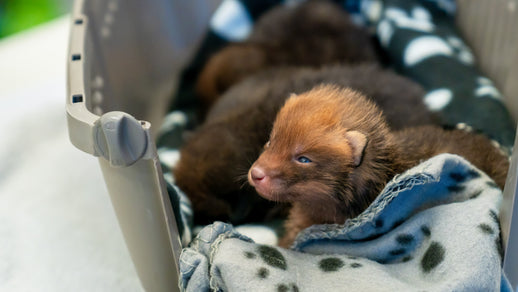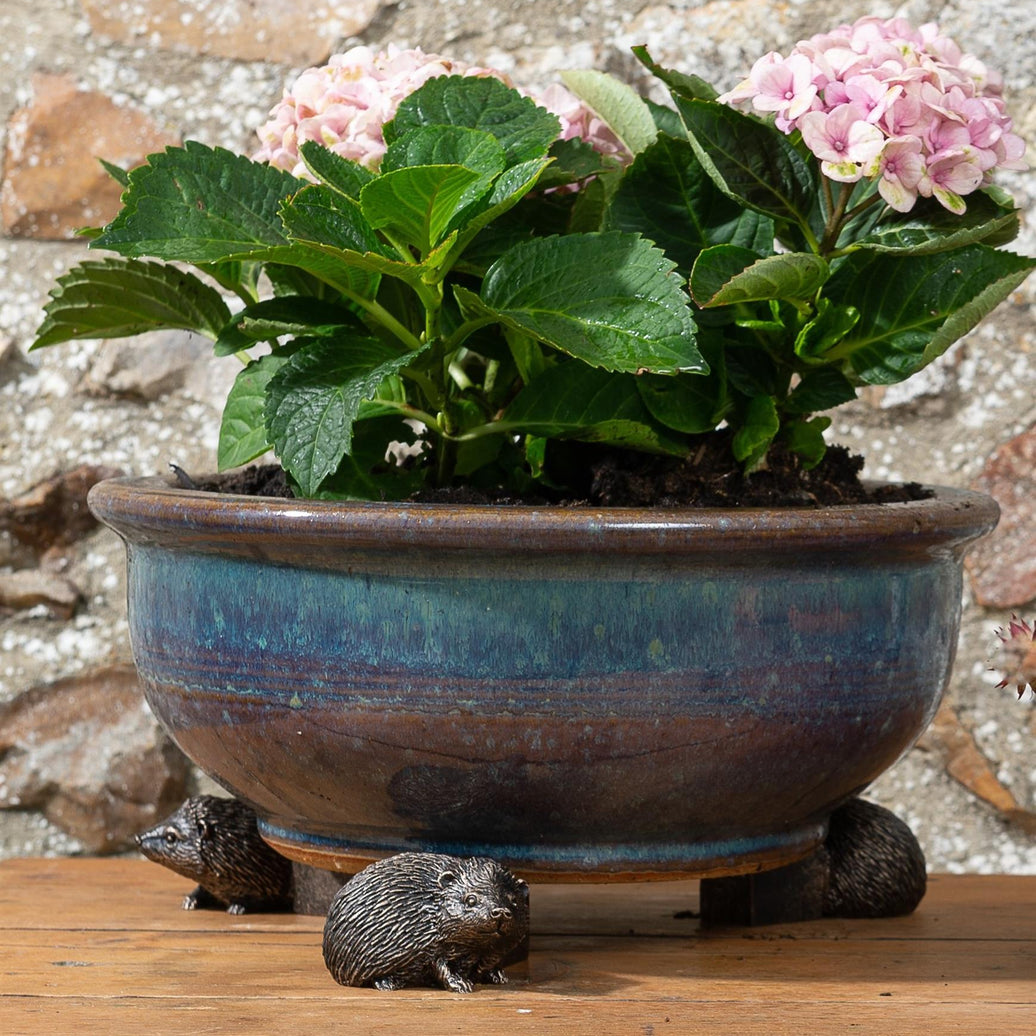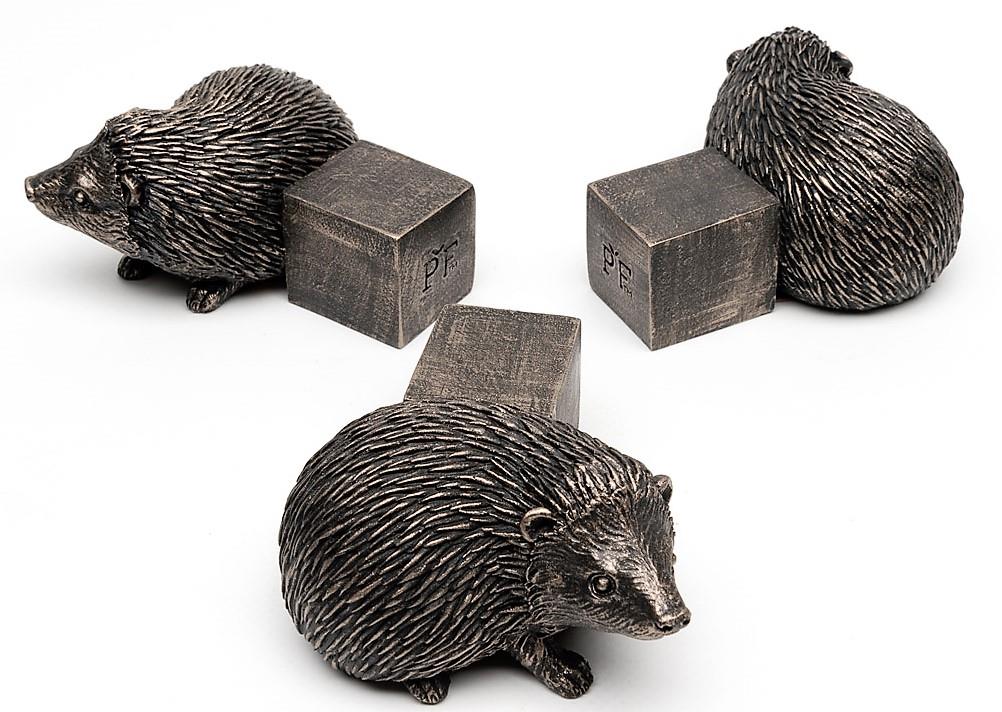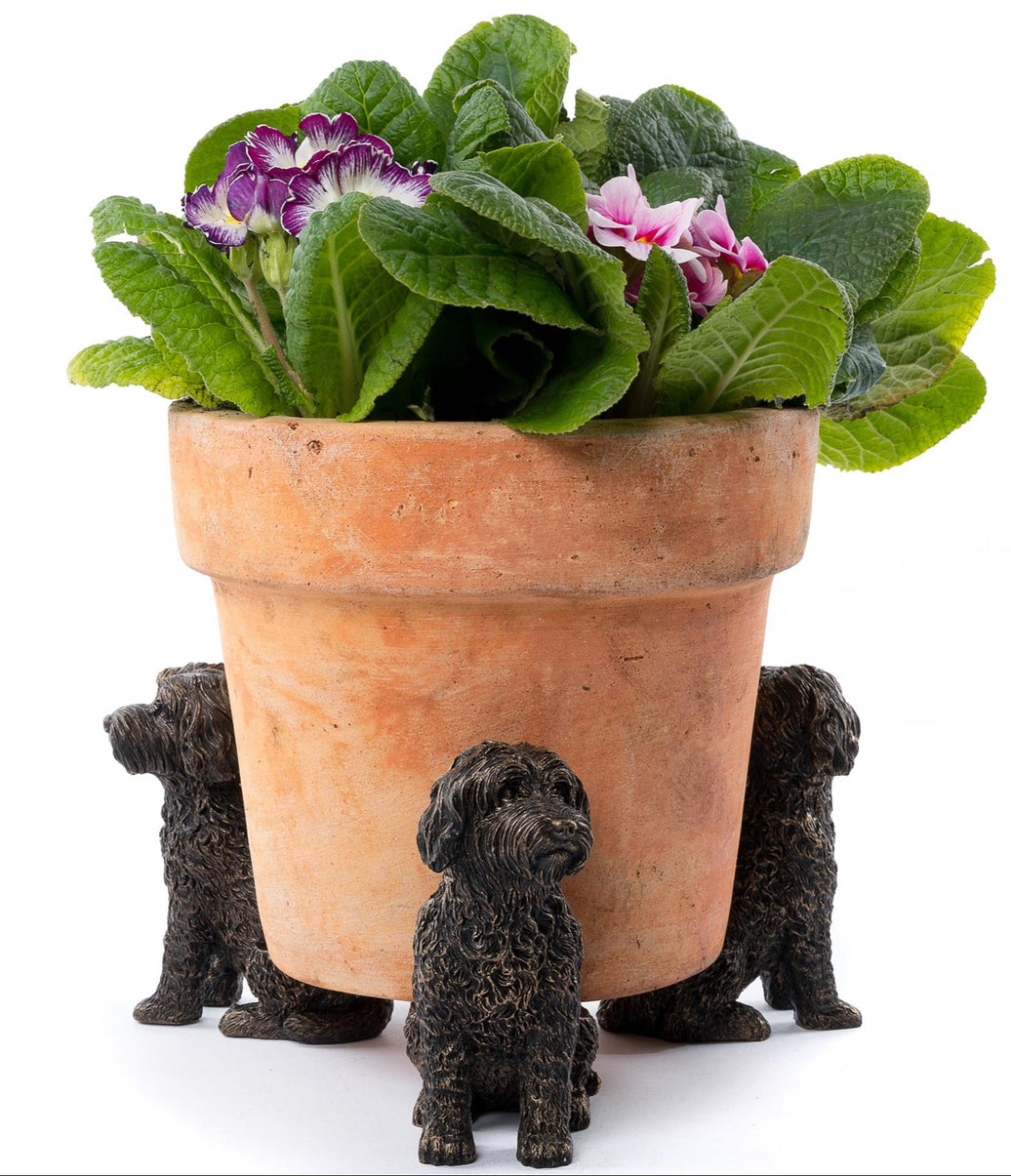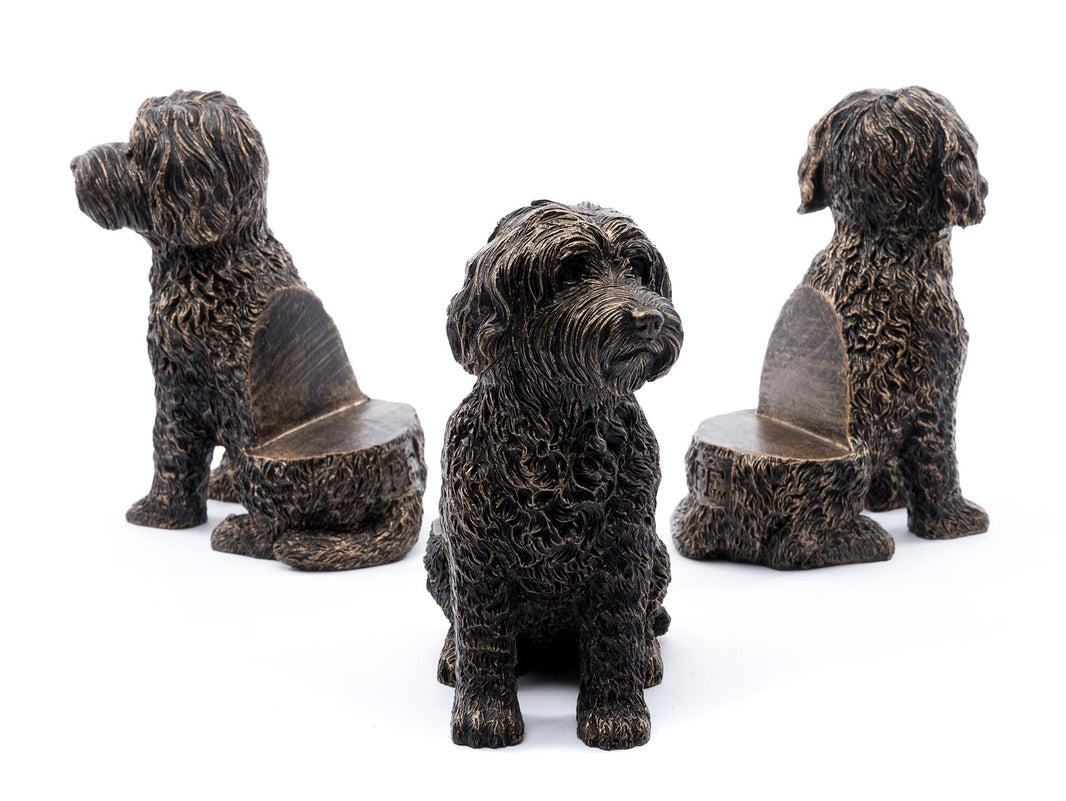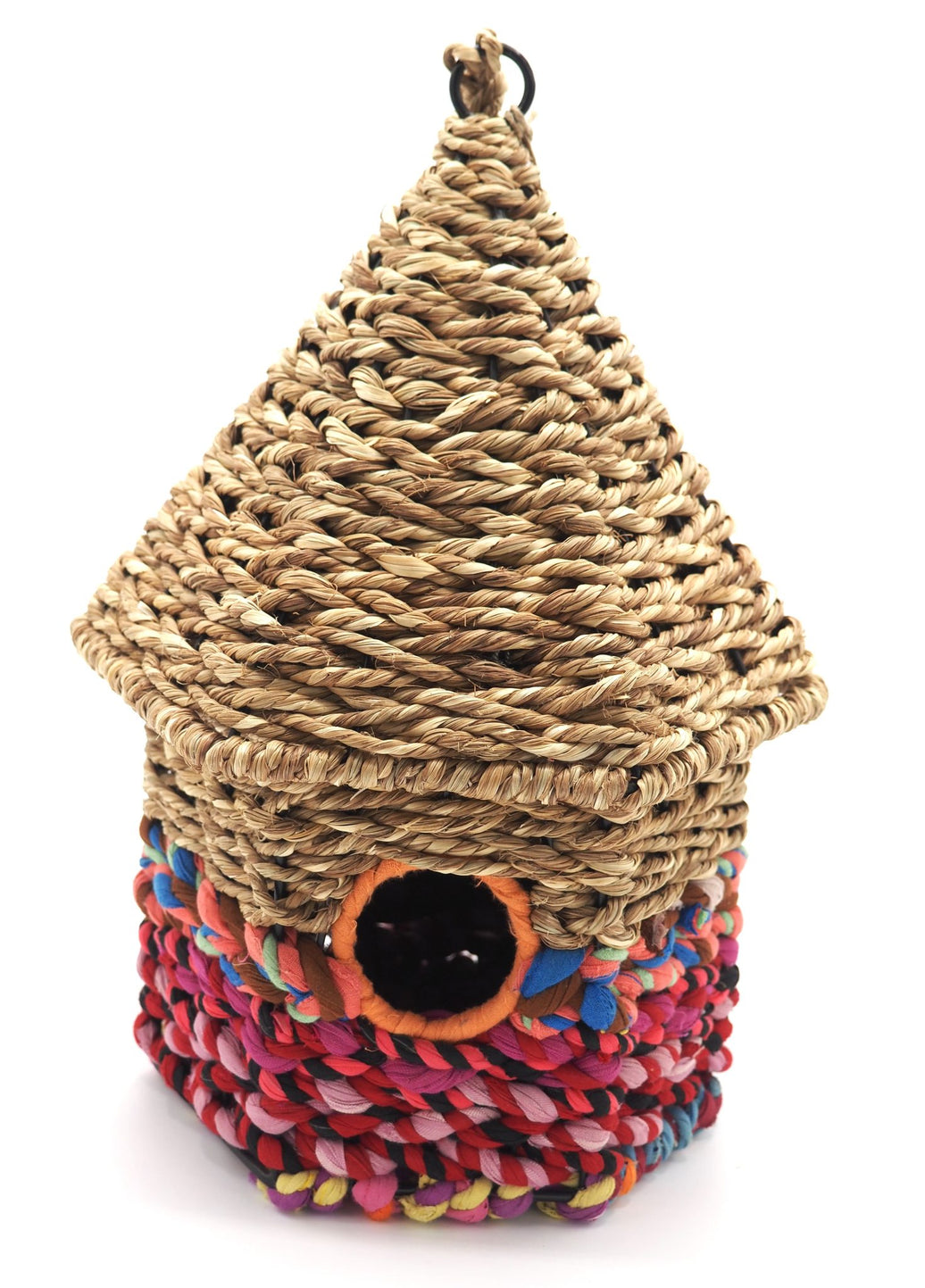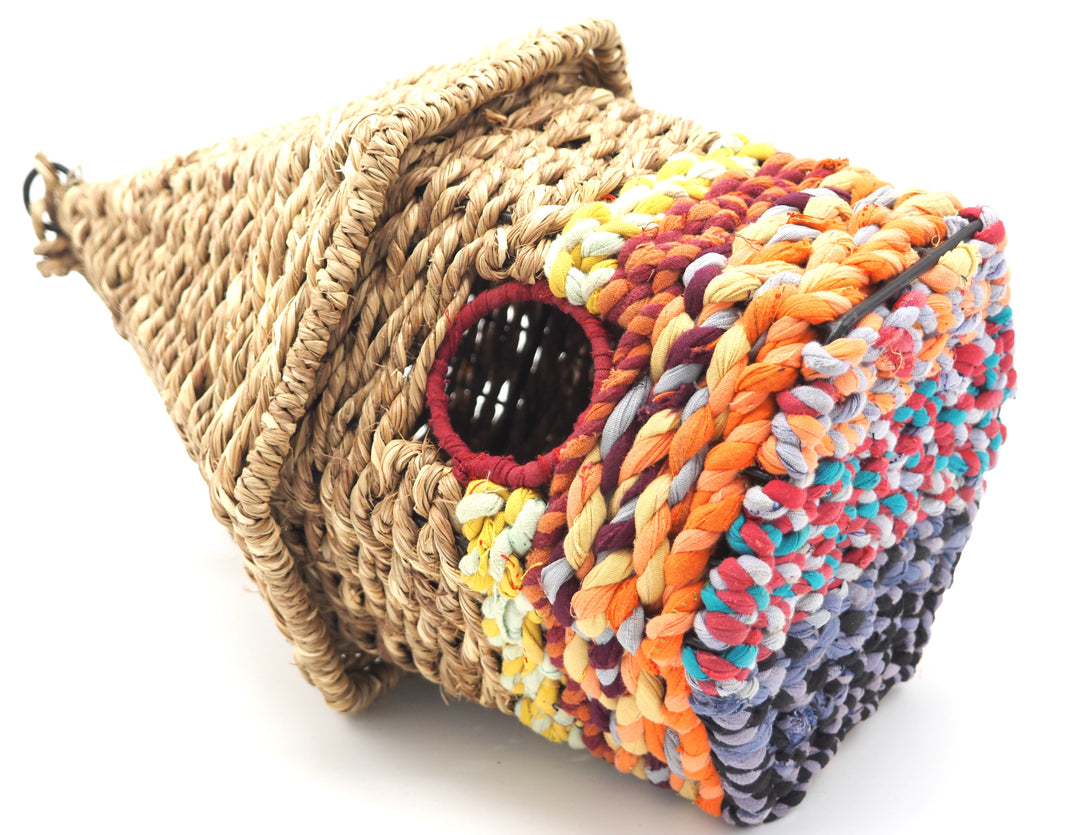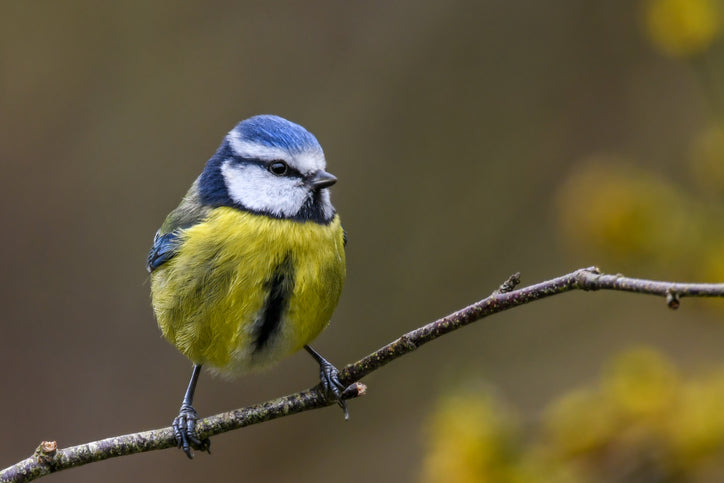
Garden Birds
There are a variety of species that visit our gardens every year, ranging from tits and finches to the humble pigeon. 'Garden birds' are any species of bird that regularly visit gardens for shelter and food. Your garden's layout, amount of vegetation, water sources and food availability will affect what types of birds visit.
You can encourage a greater range of birds to visit your garden by:
- Providing a food and water source
- Planting native trees and shrubs to provide additional shelter
- Increasing ground cover by allowing grasses and lawns to grow longer
Wild birds will often hide signs of illness and injury when people and predators are present. This can make it difficult to determine if a bird is in need of help. If you are unsure about a bird, take pictures or videos and contact your local wildlife rescue centre for advice.
- You can see obvious wounds or bleeding. Take the bird to a vet for Wildlife First Aid.
- If a bird has been caught by a dog or cat. Due to the small size of birds, the bacteria in cat and dog saliva presents an increased risk of infection. They always need professional treatment, even if you can’t see any puncture marks.
- The bird doesn’t attempt to move when you approach them.
- The bird’s feathers look fluffed up, but remember they will also do this during cold weather to keep warm.
- The bird can’t hold their head up straight or keep their balance properly, or their head and neck looks twisted.
- There is swelling or growths on the skin, usually seen on the face, legs or feet.
- The bird is panting or breathing fast, and you’ve seen them doing this for at least two hours. Panting is a normal way for birds to cool down if they’re too hot, but it can also be a sign of disease.
- If a bird has flown into a window, and appears stunned rather than injured, monitor it quietly for two hours and place the bird in a well-ventilated box. If the bird appears to have recovered within two hours, open the box to see if the bird will fly away. If the bird is unable to fly after two hours, please contact your closest vet or wildlife rescue centre.
If you need to handle a bird for rescue, please keep in mind that birds have delicate and hollow bones. Improper handling can cause further injuries.
Birds are usually most comfortable with their wings held against their bodies and feet supported. The size of the bird will affect how it should be handled:
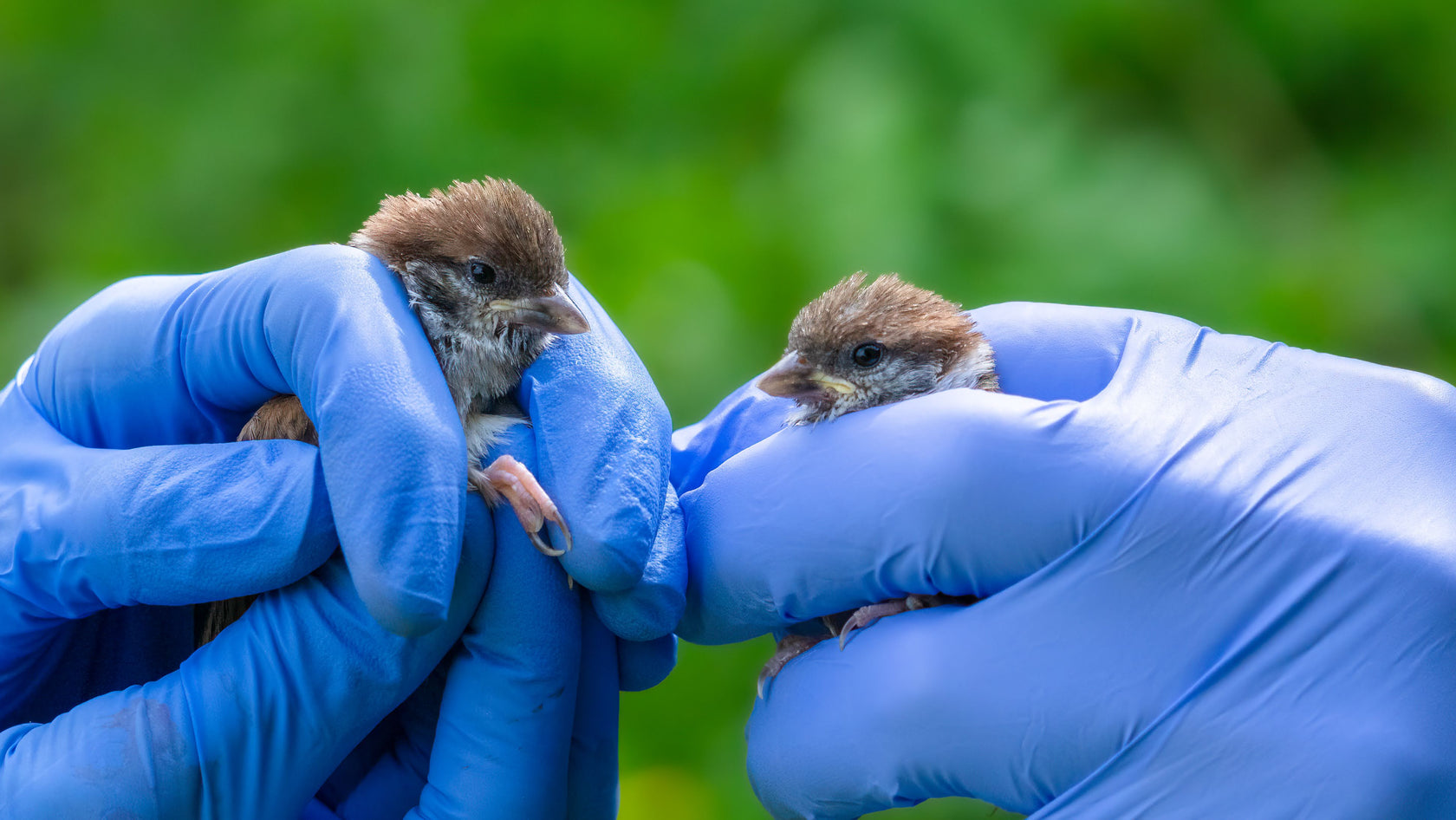
Small Birds
Can be firmly held in one hand, positioning the hand over the bird so that its head is between your fore and middle fingers, letting the rest of your fingers naturally wrap around the wings. You can use your free hand to gently cup your occupied hand and provide support.
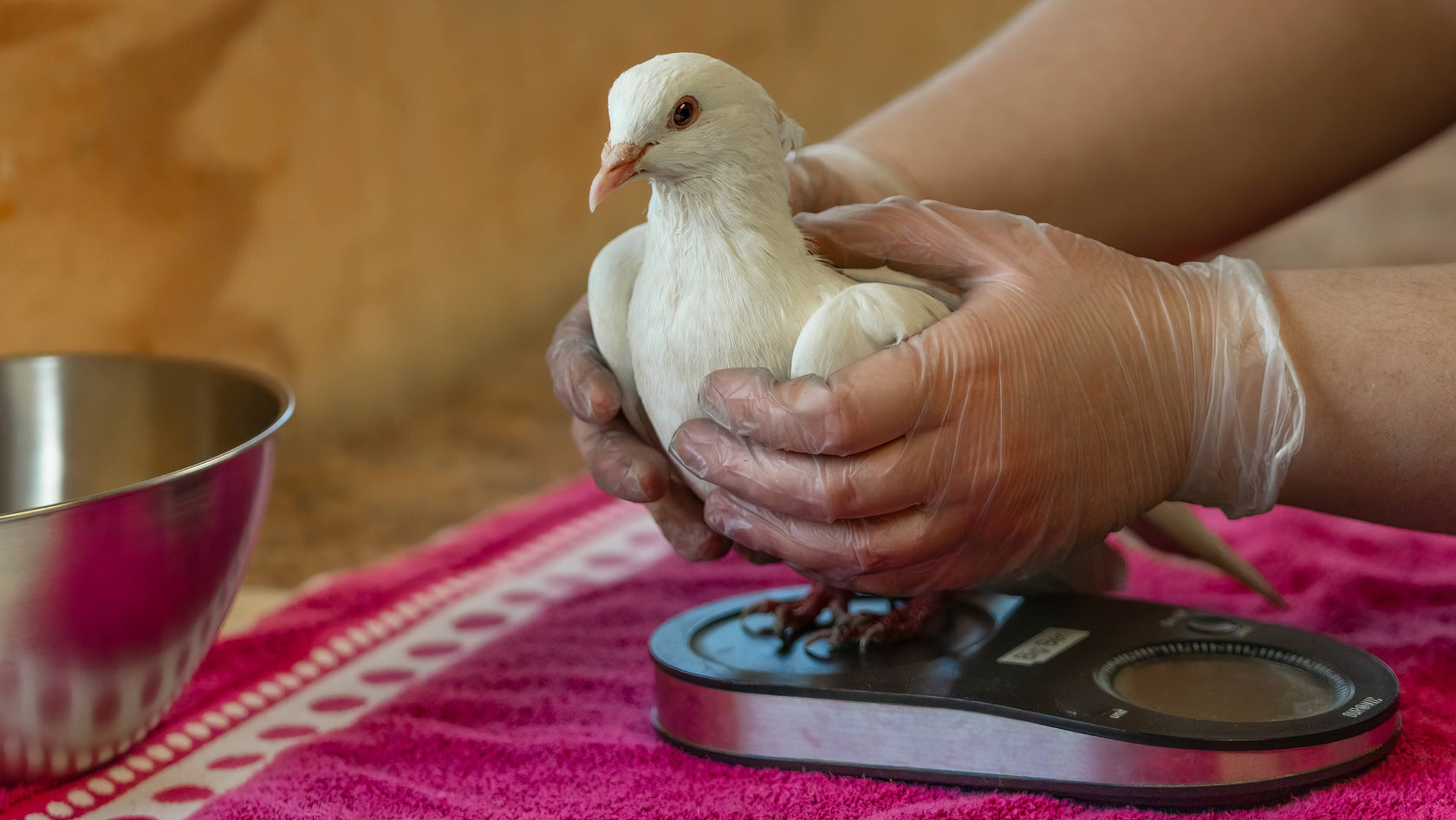
Medium Birds
Use two hands, each covering a wing. Place your palms over the wings and use your fingers to gently support the legs and hold them in place.
A bird has flown into your window
If a bird has flown into a window, and appears stunned rather than injured, monitor it quietly for two hours. If possible place the bird in a well-ventilated box. If the bird appears to have recovered within two hours, open the box to see if the bird will fly away. If the bird still seems stunned and unable to fly after two hours, please contact your closest vet or wildlife rescue centre.
Baby birds
It is common to find baby and fledgling birds on the ground during spring and summer. If you find a baby or fledgling bird, please keep any pets away and follow our baby bird advice.
What types of food should I feed garden birds?
Most garden birds enjoy a variety of seeds, peanuts, mealworms, and suet. Fat balls are especially good in winter. Make sure the food is fresh and not mouldy. Avoid bread as it provides little nutritional value.
When is the best time to feed garden birds?
Birds can be fed year-round, but they especially need extra help in winter when natural food sources are scarce. Early morning is the best time to put out food, as that’s when birds are most active.
What’s the best way to clean bird feeders and birdbaths?
It’s important to regularly clean bird feeders and birdbaths to prevent the spread of disease. Use hot, soapy water or a specialised cleaner, and make sure to rinse thoroughly. Clean them at least once a week.
Do garden birds need water?
Absolutely! Birds need fresh water for drinking and bathing, especially during hot or dry spells and in winter when water sources may freeze. Providing a birdbath or a shallow dish of water can make a big difference.
Why are birds pecking at my windows?
Birds sometimes mistake their reflection for another bird and may peck at windows thinking it’s a rival. You can deter this by placing decals or objects on the outside of the window to reduce reflections.
Wildlife and Garden
The Wildlife and Garden collection has been carefully curated to help you support and encourage more wildlife into your garden, and make your garden feel fabulous.
From bird nesters to hedgehog highways and seedballs, our range will help you create a thriving ecosystem within your garden space.
